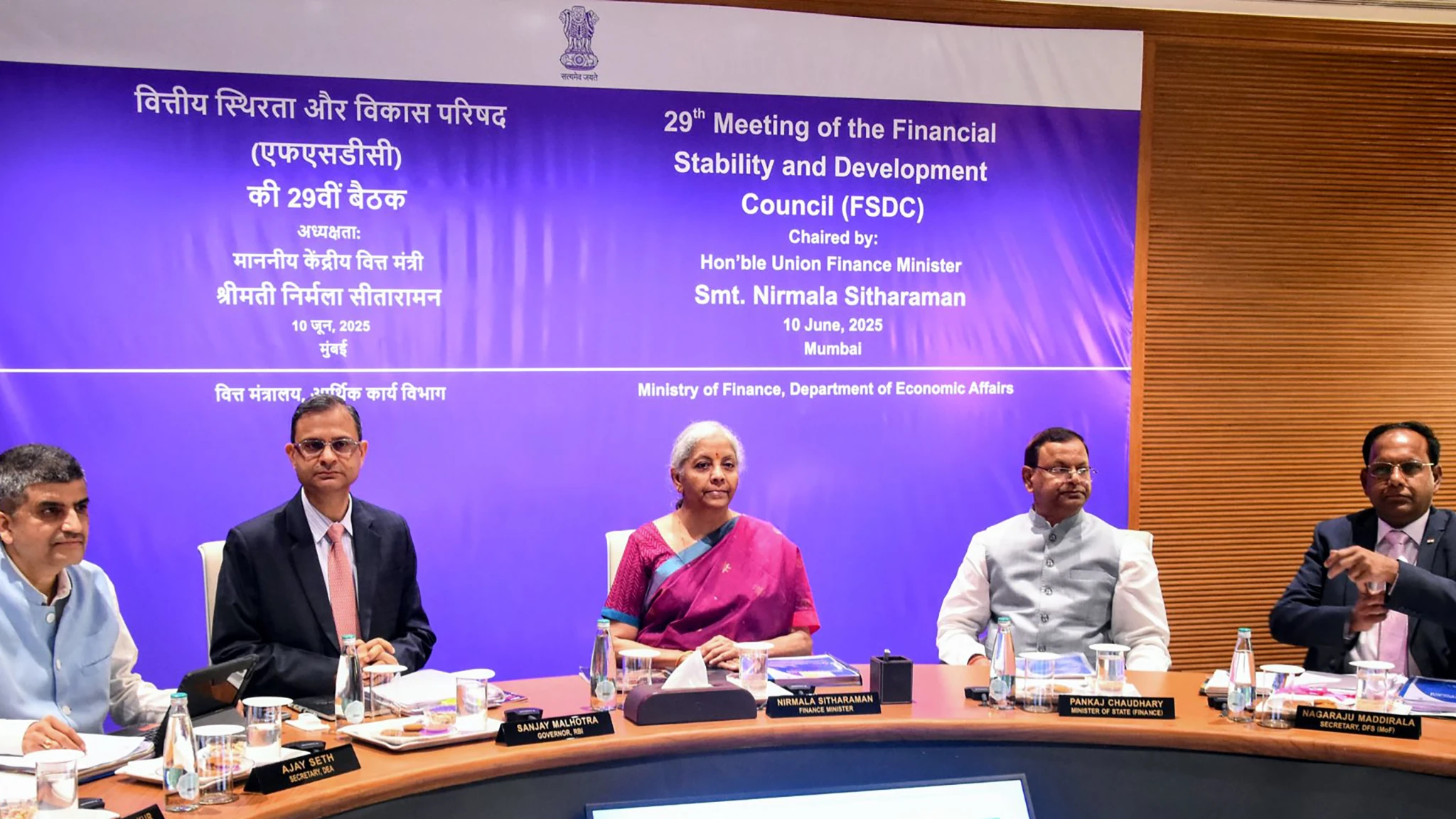Why does money make the world go around? One could say it is because money cannot sit still, or it loses value. Inflation, after all, is simply too much money chasing too few goods. This week’s news highlights this very chase, with regulators and financial institutions trying to manage money’s pace and direction.
Money’s Relentless Chase
In the initial public offering (IPO) market, the chase is on. Too much money is rushing into IPOs, especially those of small and medium enterprises (SMEs), sometimes inflating company valuations beyond what is justified. Investment bankers are under scrutiny for potentially inflating balance sheets to boost these valuations, creating a mirage of value that often fades post-listing. As Ananya Roy points out, IPOs should be about long-term investment in sound businesses, not quick gains. The Securities and Exchange Board of India (SEBI) is rightly stepping in to bring order to this frenzied IPO landscape.
India’s equity indices have been scaling record highs, fuelled by a torrent of money, both domestic and foreign. While market exuberance might seem positive, concerns about inflated valuations are growing. Even the finance minister has voiced caution. SEBI’s warnings about market risks and the high probability of losses in derivatives trading serve as crucial reminders for investors to exercise restraint and slow down the influx of funds into stocks.
Gold is another asset class witnessing a strong chase. International gold prices are at record levels, driven by widespread buying. As Shishir Asthana notes, gold’s inherent value and its role as a safe haven are drawing investors wary of potentially overvalued equities and bonds. This surge in gold prices is also prompting increased borrowing through gold loans, as Dinesh Unnikrishnan highlights, presenting both opportunities and risks.
Regulators Intervene
Regulators act as the crucial embassies in the world of finance, ensuring money travels smoothly and at a sustainable pace. SEBI is working to moderate the exuberance in IPOs and stock markets. Similarly, the Reserve Bank of India (RBI) is focusing on the operational resilience of financial institutions. Recently, the RBI urged directors of small finance banks to bolster their cybersecurity measures and address emerging operational risks. This directive underscores the importance of safeguarding financial systems against threats in an increasingly digital world.
Banks Need Money Too
While money is flowing rapidly into stocks and gold, bank deposit growth lags behind credit growth. This creates a different kind of chase – banks seeking funds to meet credit demand. An emerging trend is the issuance of infrastructure bonds by banks to raise capital. These bonds, detailed in our Chart of the Day, are a smart move as their long tenures align with loan durations, mitigating asset-liability mismatches and ensuring banks can continue to fuel economic activity.
As investor Morgan Housel observes, “more damage is caused not by dumb financial plans but by reasonable ones that just aren’t right for you.” So, as money relentlessly circulates, chasing various assets, the crucial question for each investor is: Is your money chasing the right returns for you? Is it keeping pace, or running wild?
Image Courtesy: X (AkashBh79926114)










Leave a Reply